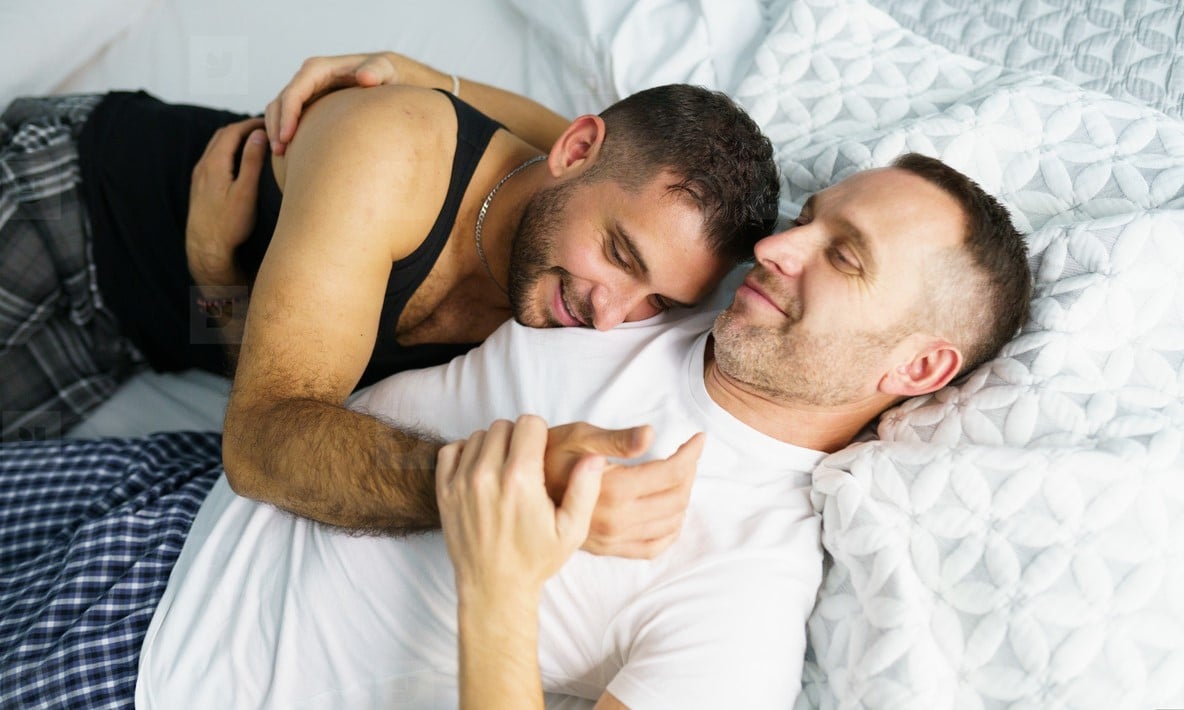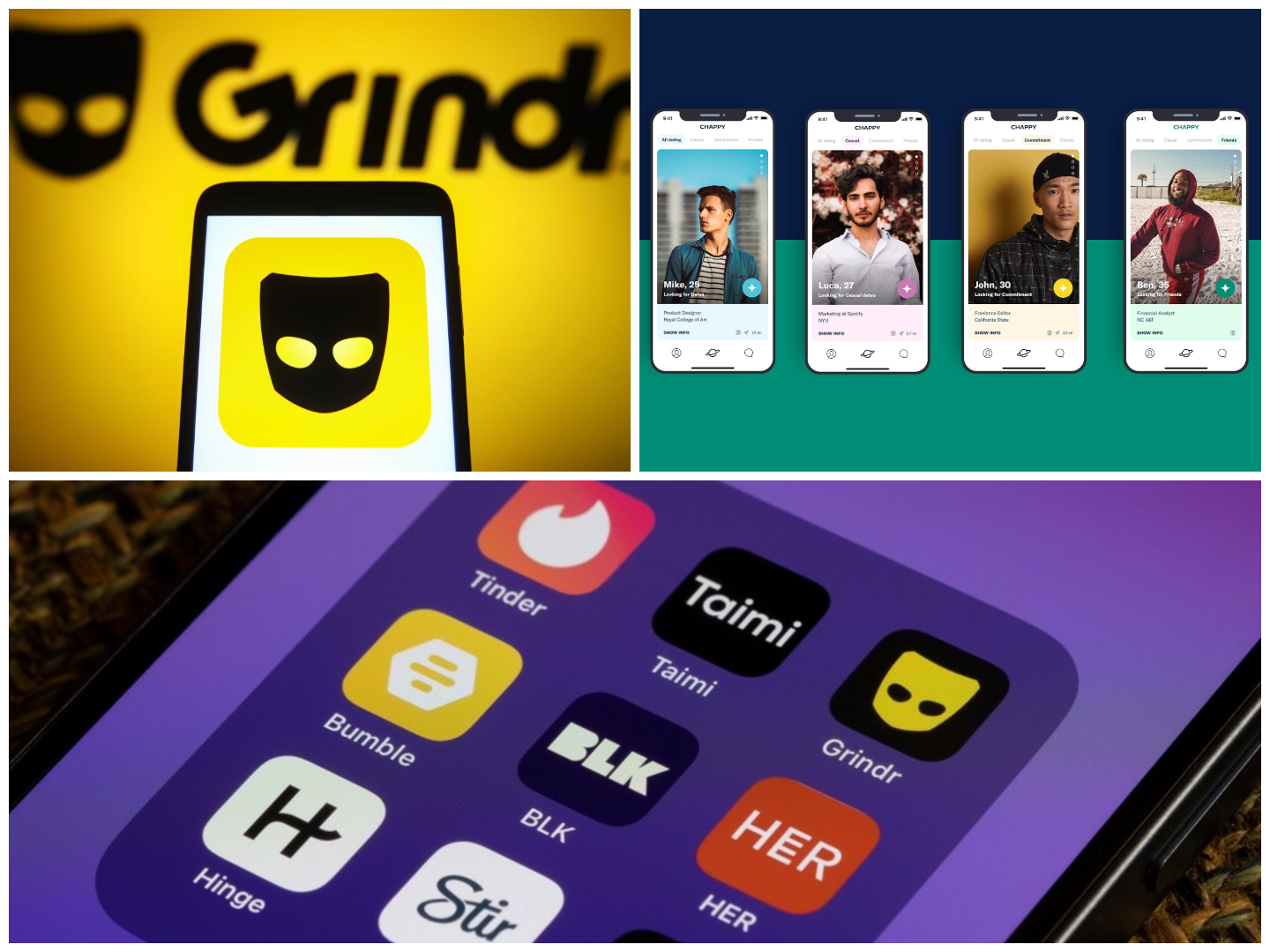In this blog post, titled “How to Embrace Vulnerability,” we will explore the concept of vulnerability, its benefits in relationships and dating, its attractiveness, and address many other unanswered questions. Please continue reading if you are struggling with this personality trait or want to learn more about it. Embracing vulnerability can help foster intimacy and trust in your relationships. Additionally, practicing self-compassion can assist you in coping with the negative emotions that may arise from vulnerability.

©Javier Sanchez Mingorance
Overview – What is vulnerability?
Vulnerability is a state of emotional exposure that comes with uncertainty. Being vulnerable involves accepting the emotional risk of being open and willing to love. Being vulnerable means expressing your thoughts, feelings, desires, and opinions regardless of what others think. This ability to not give a fuck about people’s opinions or judgments of you is not only desirable. Still, it can also be the foundation for deep, meaningful relationships.
Vulnerability sounds like Truth and feels like Courage
Brene Brown
A fear of vulnerability is a widespread fear. But once you understand this central emotional challenge, you can better appreciate why vulnerability is worth the effort. This makes it easier to take the next step: becoming more vulnerable with the people you care about most.
Science has revealed many complex reasons social connections benefit our mental and physical health. Experiencing relationships and support can lead to longer lives, healthier habits, reduced symptoms of stress, and a sense of meaning in life. Most of us have personally experienced these rewards and don’t need a study to tell us why our relationships matter. However, despite our bent toward connection, we all hold specific patterns and beliefs that can lead us to resist the intimacy and vulnerability essential to sustaining these connections and fully experiencing their many benefits.
Humans are naturally a social species. While most of us think we want close connections, we resist vulnerability, the very trait that makes that connection possible. In a culture that often praises having a thick skin and staying solid and self-contained, we mistakenly brush off being vulnerable as weak. Yet, vulnerability is not weakness; it’s Courage. It’s the Courage to be ourselves – to reveal a softer side that is not hidden behind our defenses. As researcher Brene Brown put it, “Vulnerability is about having the courage to show up and be seen.” This Courage is within all of us, waiting to be embraced.
Why Vulnerability Is Important
Vulnerability shows that you’re not ambiguous, manipulative, or insecure. It presents you as a bold, original, and confident motherfucker who doesn’t give a fuck about anyone. And believe me, there’s nothing sexier and more attractive than a bold, original, and confident motherfucker who doesn’t give a fuck. Professor and author Brené Brown suggests that vulnerability is an essential measure of Courage and allows you to be seen and understood by the important people in your life. Brown adds that being vulnerable serves as a way to foster authenticity, belongingness, and love.
Our reasons for avoiding vulnerability are personal and specific to our unique experience. They often tie back to very early in our lives. Children are keen observers. We learned how to relate from our earliest relationships. We absorbed how our parents saw and treated us, themselves, and others. Limitations in our environment or ruptures in our childhood relationships gave us a model for how we now see ourselves and the world around us. For example, if we have a rejecting or neglectful parent, we may see ourselves as a burden or intrusion. If we had a parent who was critical or flew off the handle, we might walk on eggshells and keep to ourselves. Whatever the circumstance, most of us internalize the message that “it’s not okay just to be me.” We grew up believing, to varying degrees, that something about us is flawed or shameful. As a result, we expect that we won’t be accepted and that others will fail us. We try to protect ourselves by keeping our guard up.
Vulnerability is Extremely Underrated and Rare
Vulnerability is mainly associated with weakness. An excellent example is how men are told to suppress their emotions by not crying, hide their flaws, and display themselves as devastatingly masculine beings even if they’re not.
Embracing vulnerability opens the door to significant emotional benefits. It fosters greater strength, stronger relationships, and improved self-acceptance. Understanding these benefits can be a powerful motivator to conquer your fear of vulnerability.
- Greater strength: Facing vulnerable situations can increase your confidence. It helps you trust your ability to handle challenges. This, in turn, makes you more resilient when life gets tough.
- Stronger relationships: Being open with others can create closer relationships. It deepens your compassion, empathy, and connection with them.
- Improved self-acceptance: Vulnerability lets you accept different parts of yourself. All this can help you gain more confidence and be true to yourself.
Understanding why people often fear vulnerability despite its many benefits is essential. Vulnerability is associated with several challenging emotional states, such as disappointment, shame, and grief. The fear of vulnerability is also related to a fear of rejection and abandonment. Recognizing these fears can help you navigate your journey towards vulnerability.
How People Become Closed Off
Small children are usually open and share quickly, but they may learn that the world can be painful as they grow. The relationship patterns experienced in childhood shape our expectations and defenses, which can hinder connections in adulthood.
Dr. Robert Firestone describes the “critical inner voice,” which fills us with negativity and self-doubt and makes us hesitant to trust others. Similarly, Brené Brown emphasizes that “there can be no emotional intimacy without vulnerability.” Maybe that’s why you can’t find your partner.
Vulnerability is essential for deep connections, allowing us to overcome fear and build intimacy. Ultimately, being open and vulnerable is crucial in nurturing meaningful relationships.
How to Be Vulnerable
There are several actions you can take to embrace vulnerability:
To reduce self-isolation and fears surrounding vulnerability, focus on being your authentic self. While it’s natural to want to protect yourself after being hurt, building walls is not the solution.
Aim for excellence rather than perfection. Treat yourself with the same kindness you would offer to others. Avoid the assumption that others will judge you more harshly than you judge yourself.
Many people struggle with vulnerability because they lack understanding. Instead of distancing yourself from others, consider being open. Embracing vulnerability involves taking proactive steps.
- Expose your vulnerability when hurting; it’s crucial not to dismiss our feelings or retreat into ourselves to protect others. Forming close connections demands that we speak up and acknowledge our need for support. Be assertive in sharing your feelings; this is vital for self-awareness and building solid relationships. Take charge of your vulnerability today. Clearly express what you want from your relationships instead of focusing on what you don’t want. This shift is essential for productive communication. While it may require effort, embracing honesty can help break down barriers and reduce defensiveness in your partner. It’s powerful to witness the connections that emerge when individuals are courageous enough to be vulnerable and assertively share their true desires.
- Express what you think. Being honest about our viewpoints and expressing our authentic selves is crucial in any relationship. We must create a space to share our thoughts without fear and confidently. This doesn’t mean we should be insensitive or harmful; instead, it emphasizes the importance of genuine communication. We must be prepared to give and receive feedback constructively without becoming overly defensive. Recognizing our shared humanity and imperfections fosters self-compassion and paves the way for more honest and meaningful exchanges.
- Slow down and be present. Vulnerability is about actively choosing to be present with another person. We jeopardize our intimacy when we let our critical wearer voice get lost in our thoughts. Making direct eye contact with our partners, genuinely listening to them, and dedicating time and attention to the moment are essential acts of vulnerability that often prove more challenging than we expect. However, embracing these behaviors is crucial for strengthening our connection and staying in tune with our emotions.
Learn to Love Yourself
Learning to love yourself begins by acknowledging yourself as a human being—with flaws and imperfections. Own and embrace your past mistakes while remembering that they don’t define your present or don’t
Apologize to anyone you feel is significantly wrong, and then move on. Forgive yourself. While this is often easier said than done, try to live by a few simple truths moving forward.
Remember You Are Important
“It’s a Wonderful Life,“ the simple fact that you exist has a ripple effect beyond your imagination. You may never honestly know whose lives you touched and the repercussions, but they are there.
Embrace Your Mistakes
Not only do your mistakes make you human, but they also give you a wealth of power. Letting past bad events go for good is one of the most potent ways to connect with your entire self. In summary, you should learn to forgive yourself.
Note: If you want to read more about Forgiveness, we recommend our article “All about Forgiveness.”
Embrace Your Worth
As humans, many of us, especially those who find vulnerability challenging, tend to focus on showing our value. We often worry that people might not care as much if we don’t prove ourselves. This can’t help us connect with individuals interested in what we can offer rather than appreciating us for who we are. Remember, it’s okay to be yourself—your art’s value shines through when you’re authentic!
Avoid Being a People-Pleaser
Remember that you can’t be everything to everyone; consequently, to be a people-pleaser only hurts you.
Do yourself the most precious gift rather than trying to be all things to all people. That doesn’t mean you should stop showing kindness to others; instead, make offerings based on love rather than self-judgment.
Note: If you liked this article, perhaps you should read our article on Why You Should Stop Being a People-Pleaser?

©Verywell / Theresa Chiech
Vulnerability is Seductive, but Insecurities Are unattractive.
Vulnerability and insecurity are sometimes mistaken for one another. Understanding these concepts is critical to improving our emotional intelligence and enhancing our relationships, particularly in romantic settings.
Many people find vulnerability intimidating. Society tends to associate it with weakness, but embracing vulnerability can reveal its true power as a strength that fosters more profound connections. Connection is essential for a fulfilling life. It likely draws you to the Social Dynamics Mov“‘ ent—it helps us explore “how“ to connect authentically with others.
Recognizing the difference between insecurity and vulnerability is vital. While insecurity can be perceived as unattractive, embracing vulnerability can enhance our appeal and foster trust in relationships. Understanding and applying the do distinctions can significantly improve the quality of our interactions and relationships.
Note: you can read more about it in our article about Seducers and seducing.
FAQ
Is vulnerability the same as intimacy?
Intimacy and vulnerability are not opposites. On the contrary, they can’t be the same thing. When we can’t be intimate with someone, we mean to be vulnerable with them. We want to lay down our armor and defenses and expose ourselves, but doesn’t her person do it safely and trustingly?
Do men find vulnerability attractive?
Vulnerability is closely related to authenticity. We can’t be fully authentic without being vulnerable. Our willingness to be profoundly open and transparent makes us irresistible to a man. One reason vulnerability is so attractive to a man is that he has a deep need to be needed and to protect us.
Why do men struggle with vulnerability?
Men often struggle with vulnerability due to societal expectations and norms emphasizing strength, independence, and self-reliance over emotional expression. Many are socialized to suppress their emotions, as showing them is traditionally viewed as a sign of weakness. As a result, men may be less inclined to open up and be vulnerable. Overcoming these ingrained beliefs and societal pressures can be challenging, but doing so is essential for emotional well-being and building meaningful relationships.
Why is being vulnerable so challenging?
Being vulnerable can be challenging because it means exposing yourself to the possibility of judgment, rejection, or hurt. It requires a level of openness and honesty that can feel risky or uncomfortable, especially if you have experienced betrayal or criticism. The fear of showing your true self and not being accepted can create a significant barrier to vulnerability. However, with practice and supportive relationships, you can learn to embrace vulnerability as a strength.
Conclusion
In conclusion, embracing vulnerability is essential for achieving true intimacy in relationships despite the risk of judgment and criticism. Fueled by the fear of rejection, insecurity only hinders our ability to open up. Living with acceptance and Courage is far superior to remaining trapped in constant fear.
Many individuals grapple with deep, unconscious fears of intimacy, which ultimately leads to emotional distance and sadness. By choosing to be vulnerable, we challenge ourselves to shed outdated identities and embrace a new self-concept grounded in acceptance. Staying vulnerable allows us to assert our unique values and fortify our connections with others.
Take a look at

How to Become a Skillful Seducer
Want to know how to be seductive? In this article, How to Become a Seducer, we will share a few

The Best Gay Dating Apps and Sites
Are you a single gay man? And have you ever wondered which are the best Gay dating apps here for

Quick Coming out Guide for LGBTQ people
In this coming-out guide for LGBTQ people, we will try to show you a few basic steps to do it
Photo credits:
Feature photo Credits: ©Javier Sanchez Mingorance
